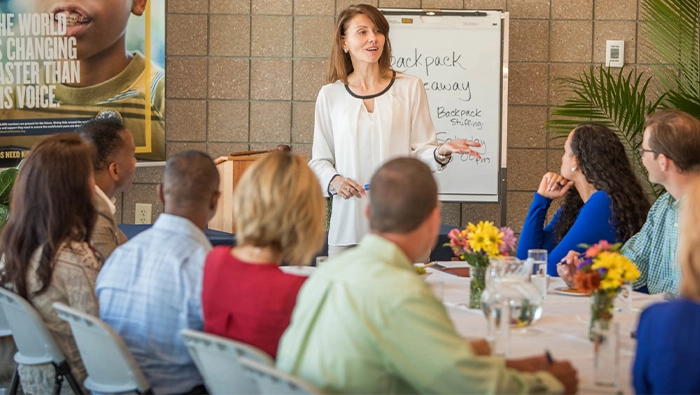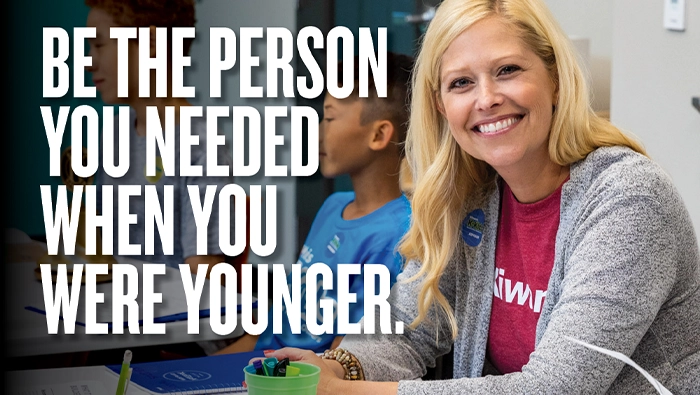
ACE tools turn ideas into action
What happens when inspiration doesn’t bring progress? These three resources can get things moving.
By Tony Knoderer
Some Kiwanis clubs fall into a rut, relying on the same projects and fundraisers until the inspiration runs out. But sometimes inspiration isn’t the problem — it’s the lack of progress afterward.
Does your club have a pile of ideas from motivated members, but no real-world results to show for it? Kiwanis International offers resources that can help. Check out some of the Achieving Club Excellence (ACE) tools that can turn inspiration into action:
- Club vision. Go back to basics — by defining what your club does and why it exists. That kind of clarity can result in a vision that steers club leaders and other members. The guide to this tool also provides instructions for conducting a group exercise, so everyone has a voice in the process.
- Club excellence. Maybe your club needs a framework for all those ideas. The best clubs set up a strategic plan every Kiwanis year, so members and leaders know what they want to accomplish when October arrives. The tool’s guide shows how to set SMART goals, along with milestones that help you measure your club’s progress.
- Club scorecard. Does your club sometimes make progress toward something new, only to see it fade away? Try tracking your activity as you go. With this tool, you can set up key indicators and reflect on them periodically, helping you determine where you may need to adjust your plan — and even make changes in the club if necessary.
All these resources can be found on the ACE tools webpage, which includes other common concerns clubs face — and pairs them with the tools that help club leaders address them.



